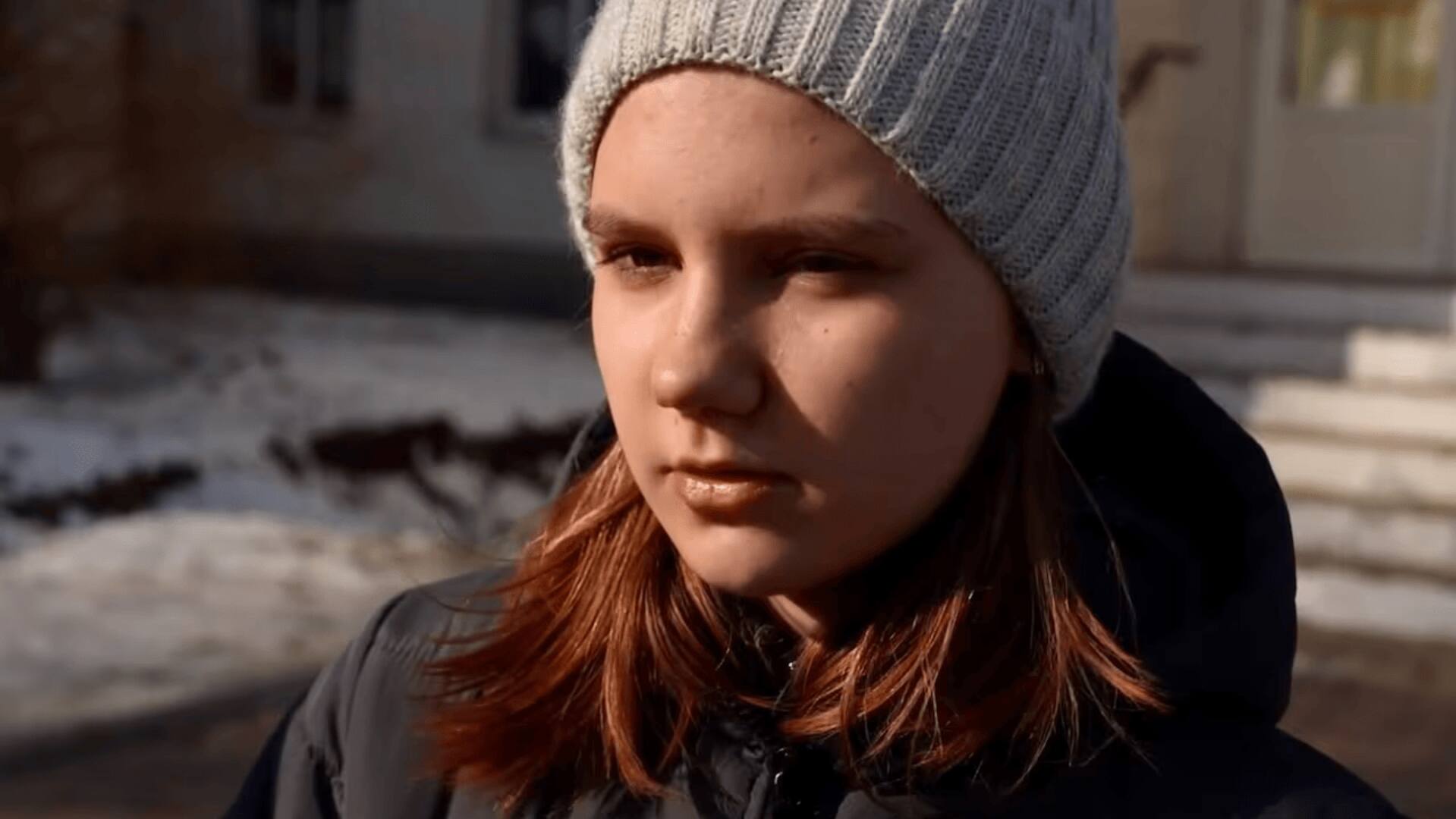Meet the Quebec clown travelling to Ukraine to entertain children dealing with trauma of war | CBC News

[ad_1]
Guillaume Vermette is packing his clown wardrobe — red nose, suspenders and colourful suit — for a two-week trip to Ukraine.
This time next week the volunteer from Trois-Rivières, Que., who calls himself a humanitarian clown, will be entertaining kids and families in Lviv — several hundred kilometres west of the front line of the war which erupted after Russia’s invasion of Ukraine.
Vermette has been a clown for 18 years, volunteering and working across parts of Nunavik, Syria, Greece, Russia, Lebanon and Jordan in isolated communities, orphanages and refugee camps. This will be Vermette’s first time stepping into an active war zone.
“I’ll be honest, I’m a bit scared,” said Vermette. “But I feel ready.”
“My goal is to bring safety.… I’m not talking about physical safety, but emotional safety. Kids need structure, need rituals and need a safe space where they can express themselves.”
He says many moments have stayed with him over the years, when kids felt comfortable revealing tragic details about their experiences, including the loss of family members.
“That made me very sad,” said Vermette.
“It’s very difficult to work with kids and it’s very important to do it in a proper way. They are our future.”

For this trip, he’s travelling to join the small, Scottish-based charity, Siobhan’s Trust, which has been setting up mobile food stations close to front-line areas in Ukraine often not served by larger charities.
During his trip, Vermette says he hopes to create safe spaces for children who have had their normal childhoods interrupted.
“Kids have a lot of trauma, where they become adults a bit too soon,” said Vermette. “They often forget how to play, how to laugh, how to smile. They forget that they can take the time to express themselves, to process these emotions, this trauma.”
“Childhood is a basic need, it’s a human right,” he said.
‘Their childhood has been taken away’
He connected with Siobhan’s Trust in April after he heard they could benefit from someone with his skills as a childhood specialist — who studied clown theatre and psychology.
“They told me ‘We’ve seen kids that their childhood has been taken away from them,'” said Vermette.

Since the start of the war, Siobhan’s Trust has been on the ground, says founder David Fox-Pitt.
Initially, the organization was created in 2020 to help inner-city children in Dundee. When the war broke out in Ukraine in 2022, Fox-Pitt says they saw a new need and used the pizza oven they had in their garage to offer free food.

“We saw those horrific photographs of thousands of women and children coming over the border. And we felt that we needed to bring the pizza oven to Ukraine. So we had the motto ‘make pizza, not war,'” said Fox-Pitt.
“What we do is we lift people’s spirits. It’s not just pizzas and hot drinks.”
WATCH | Ukrainian parents and children do their best to cope while war rages:
CBC’s Murray Brewster shows how Ukrainian children are trying to carry on with school and play in spite of the horrendous violence that has permeated their lives. Many are struggling to process their trauma, and there are fears about how the war will shape this generation.
Helping up to 5,000 people a day
Working closely with Ukrainian police, the organization sources frozen pizzas from donors in Italy and Germany and transports them in freezer trucks in and around the border of Ukraine. Since the start of the war, Fox-Pitt says, they’ve served one million pizzas. The team of about 20 people on the ground serves up to 5,000 people a day.

“That makes a massive difference. These people are very emotional, a lot of hugging and crying and they can’t believe we’ve come to share the risk with them,” said Fox-Pitt, who often sports a yellow and blue kilt for the trips.
“We have music, we dance and it’s just a bit of solidarity. So they know they’re not forgotten. They are terrified the world is going to forget them, that we are going to move on.”

As a small charity, they have been able to make the decision to operate in some areas larger organizations cannot, said Joanna Fox-Pitt who helps with volunteer inquiries and is also married to David.
“There are lots of wonderful organizations doing amazing things, but some of the bigger NGO’s, their protocol doesn’t allow them to go deep into Ukraine,” said Joanna.
“Sometimes language can be a barrier but, often, just engaging with somebody and handing them some food, handing them a hot drink, giving them some fruit for the children or some sweets or biscuits — they just have that big connection with people.”

Vermette says the day he arrives, he plans on just helping cook pizza before performing shows and leading interactive games. He says he’ll use various clown techniques while he’s in the field — something parents often appreciate.
“At first they are often uncertain like ‘what’s happening, who’s that clown, who’s that weirdo,'” said Vermette with a laugh.
“At the end when they come to me … They will do something like put a hand in front of their heart, like a little bow, crying, saying ‘Thank you.'”
LISTEN | Childhood moments are important even in war:
Quebec AM12:24Childhood moments are important even in war.
People in countries at war need medical supplies, food, and shelter. What about emotional needs, especially for children? Guillaume Vermette has been a humanitarian clown for 18 years. He is preparing for a mission in Ukraine. He explains to Quebec AM guest host, Kim Garritty, why going there has special meaning to him.
[ad_2]
